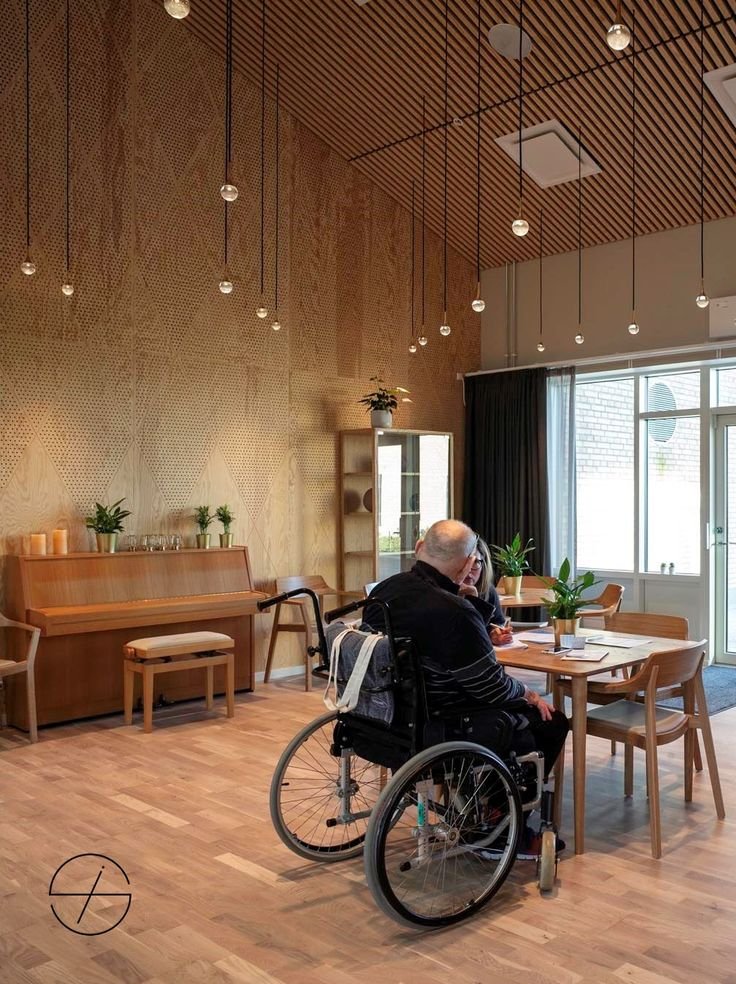Nursing is a dynamic and ever-evolving profession that offers a range of opportunities for those willing to go deeper into specific areas of healthcare. As the demand for specialized care increases, so does the need for nurses who possess advanced expertise in particular medical fields.
Exploring specializations within nursing not only enhances professional capabilities but also enriches the quality of care provided to patients. In this article, we explore the numerous benefits of specializing in nursing, shedding light on how it can transform a career in nursing and improve patient outcomes.
No. 1
Enhanced Career Opportunities
Specializing in a specific area of nursing can significantly expand your career opportunities.
Fields like gerontology, oncology, pediatric care, and anesthesia have distinct needs that require specialized knowledge and skills. By focusing on one of these areas, you open up new career paths that are often not accessible to generalist nurses. Hospitals and other medical facilities are increasingly looking for nurses with specialized training to fill roles that are critical to their operations and patient care standards.
No. 2
Increased Earning Potential
With specialization comes the potential for increased earning capacity.
Specialized nurses often command higher salaries due to their unique skills and the demand for their expertise. For instance, a nurse anesthetist typically earns significantly more than a general RN due to the additional qualifications and responsibilities that the role entails. This trend is consistent across various specializations within the nursing field, making financial gain a compelling reason for nurses to consider advancing their education and training.
No. 3
Advancement in Education
Pursuing a specialization often requires additional education, which can open many doors professionally.
Programs such as an RN to BSN online program offer a convenient and flexible pathway for registered nurses to earn their Bachelor of Science in Nursing—a degree that can pave the way for further specialization. These programs are designed to build on existing knowledge while also broadening clinical competencies and leadership skills, which are crucial for specialized roles. Further education not only enhances your resume but also equips you with the tools needed to excel in a specialized field.
No. 4
Improved Patient Care
Specialized nurses bring a depth of knowledge to their practice that greatly benefits patient care.
By focusing on a specific area, nurses can develop a heightened understanding of the conditions and challenges associated with their specialty. This expertise enables them to perform more effective assessments, offer better-informed health management strategies, and deliver specialized care that can lead to improved patient outcomes. The ability to provide high-level care in a particular domain is one of the most significant impacts a nurse can have in their professional career.
No. 5
Professional Recognition
Nurses who specialize gain a level of professional recognition that sets them apart from their peers.
Being known as an expert in a particular area of nursing elevates your professional profile and also increases your credibility among colleagues and patients alike. This recognition can lead to greater professional respect and can open doors to opportunities in consultancy, teaching, and leadership within healthcare settings.
No. 6
Broader Knowledge Base
While specializing implies a focus on a particular area, it paradoxically also leads to a broader understanding of related healthcare aspects.
Specialized knowledge allows nurses to connect various aspects of healthcare more effectively, understanding patient needs in a more comprehensive context. This broad perspective is invaluable in team settings where multidisciplinary approaches are key to successful patient outcomes.
No. 7
Networking Opportunities
Specializing in a specific area of nursing not only enhances your professional skills but also opens up numerous networking opportunities.
By entering a specialized field, you gain access to a community of professionals with similar interests and expertise. Professional associations, conferences, and specialized training sessions serve as excellent platforms for connecting with peers, mentors, and leaders in the field. These connections can be invaluable for career growth, providing insights into new developments, job opportunities, and collaborative projects within your specialty.
No. 8
Leadership Roles
Specialized nurses are often well-positioned to take on leadership roles within healthcare settings.
With advanced expertise, you are more likely to be considered for positions such as head of a department, team leader, or management roles that require a deep understanding of a specific medical area. Leadership in nursing not only involves managing and guiding other nurses but also influencing policy changes, procedure implementations, and the overall improvement of patient care services.
No. 9
Job Satisfaction
Job satisfaction in nursing can significantly increase when you are engaged in a specialty that you are passionate about.
Specializing allows you to focus on areas that hold personal interest and significance, which can lead to more fulfilling work experiences. Nurses who specialize often report higher job satisfaction because they feel they can make a more substantial impact in their chosen fields, contributing to better patient outcomes and personal achievements in their careers.
No. 10
Flexibility and Job Security
Specializing can also offer greater job security and flexibility within the nursing profession.
As healthcare evolves, there is a growing demand for nurses with specific skill sets to address complex and varying patient needs. This specialization can lead to greater job security as your skills are in higher demand. Additionally, with specialized qualifications, you may have more flexibility in choosing where to work, from major hospitals and private clinics to rural healthcare facilities and international organizations, each looking for unique expertise.
Takeaways
Exploring specializations in nursing is more than a career choice; it’s a commitment to advancing your professional life and enhancing the quality of care you provide. Each benefit contributes to a fulfilling career path that is both rewarding and impactful.
As you consider your future in nursing, think about how specialization can shape your professional identity and open up a variety of opportunities. Whether you are driven by a desire for leadership, a passion for a specific field, or the promise of continuous personal and professional development, specializing in nursing offers a pathway to achieving your goals.






































































































































































































